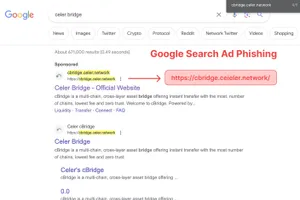The Feds claim that the two founders knew Tornado Cash was widely being used to launder hundreds of millions of dollars by North Korea, but "turned a blind eye" and claimed to be complaint with sanctions laws. They also state that they refused to implement anti-money laundering and KYC programs, as is required of money transmitting services.
These charges are likely to be controversial — as has been the sanctioning of Tornado Cash — among crypto advocates and others, as they run up against thorny First Amendment questions and conflicting ideas about who, if anyone, is liable for running decentralized services.









